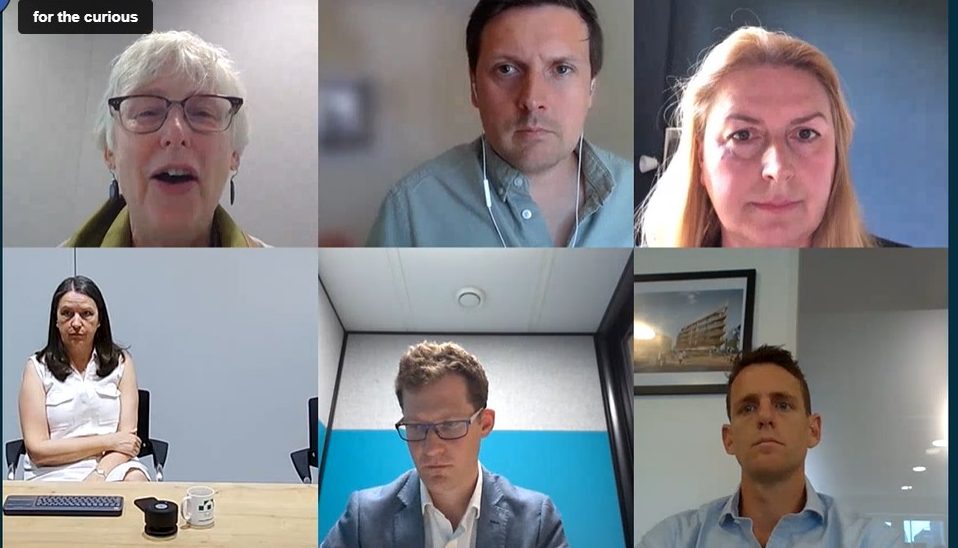Following the publication of our investor communications research, Social Invest hosted a webinar with prominent figures from the investment and social housing community. Speakers at the event included:
- Tracey Barnes, Chief Financial Officer at Sovereign
- Fiona Dickinson, Investment Director at abrdn
- Fenella Edge, Group Treasurer at The Housing Finance Corporation (THFC)
- Grant Vaughan, Partner at Newbridge Advisors
- Tom Paul, Director of Treasury & Commercial at Optivo
The session threw up a number of interesting questions relating to the sector’s relationship with the investment industry. Below are some key takeaways.
Frequency of reporting
One area that was subject to much debate was the frequency with which housing associations offer a financial update. Unsurprisingly, this an aspect of the HA sector that varies depending on the organisation.
However, consensus from speakers was that there needs to be a greater focus on more regular reporting if the social housing sector wants to stand out.
Fiona Dickinson, Investment Director at abrdn, said she has been encouraging HAs to do an annual update as a minimum but twice a year should be the goal.
Joined up approach to messaging
The conversation then turned to consider the different audiences for a HAs financial information. While the primary audience for investor communication will, of course, be the investor, this does not mean HAs can ignore other stakeholders.
Tom Paul, Director of Treasury & Commercial at Optivo, said there is a need for consistent messaging.
“We put a lot of energy into congruence between our messaging across different fields, platforms and audiences because I think that says something to investors about governance,” he said.
Tracey Barnes, Chief Financial Officer at Sovereign, agreed that organisations need to have a “level of cohesion” in their messaging throughout the organisation.
Increasing resource in comms
Several speakers noted the growing importance of investor communications, particularly with the emergence of Environmental, Social and Governance (ESG) reporting in the sector.
Fenella Edge, Group Treasurer at The Housing Finance Corporation (THFC), explained that many of THFC’s partners – especially smaller organisations – were feeling the burden of extra disclosure requirements.
“Investor comms is very specialist and we have to put resource in and recognise that this is quite important,” she said.
Managing reputational risks
The conversation later turned to the current reputational challenges the sector faces as a result of widespread reports of disrepair. Fiona Dickinson said it represents the greatest reputational threat she has seen in her time in the sector.
On top of this, it is leading to a lot of uncomfortable conversations between investors and HAs. The best thing HAs can do, she said, is be transparent and proactive when they receive negative press. This will involve speaking to investors to reassure them of the steps they are taking.
Get onto ESG early
It has been more than a year since the sector has had the option of adopting the Sustainability Reporting Standard (SRS), and speakers acknowledged the standard’s importance going forward.
From an investor perspective, this is especially true, according to Fiona Dickinson. “The more of that data we get, the better the baseline we have for understanding what progress is being made,” she said.
Grant Vaughan, Partner at Newbridge Advisors, said when communicating with investors “you have to cover the full spectrum – social, ESG and financials. You have to design your comms in a way that covers the full story.”
To read Social Invest’s investor comms report, click here.
click here to watch the webinar in full.



